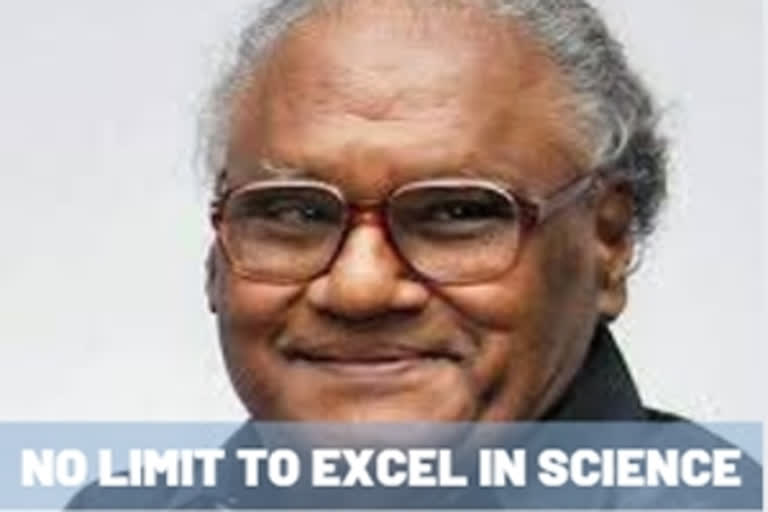Bengaluru: Bharat Ratna C.N.R. Rao said here on Saturday that there was no limit in science and was a great equaliser of all classes of people.
"There is no limit for excellence in science. The more science you do, the more you would like to do. It's a limitless ladder of excellence," Rao, an ace scientist, told school students during the Children's Science Congress at the 107th Indian Science Congress.
Terming science as one of the greatest equalisers, Rao said, "Science doesn't know religion, caste or colour."
Citing the example of the periodic table inventor and Russian scientist Dmitri Mendeleev, Rao said he didn't give up science even though he was very poor. "Mendeleev walked all the way from Siberia to Moscow -- 1,500 miles -- with his mother because there was no good university to study where he lived," said Rao.
According to Rao, a degree in science was also not mandatory to pursue excellence in science. Many great scientists studied engineering while Michael Faraday had only three years of schooling, he added.
To drive home the message, he highlighted the case of Indian Nobel laureate C.V. Raman who spent a major part of his life in Bengaluru.
"Though Raman was a financial service employee with the British government, he found time to study science after work in evenings in Nagpur," Rao said and added, many scientists didn't always have the facilities and equipment, yet they excelled.
Stating that science is not getting importance, Rao said, "Unless science gets importance, India will continue to be a second-rate country."
Also Read: Man sexually assaults 8-year-old boy in UP's Shamli



